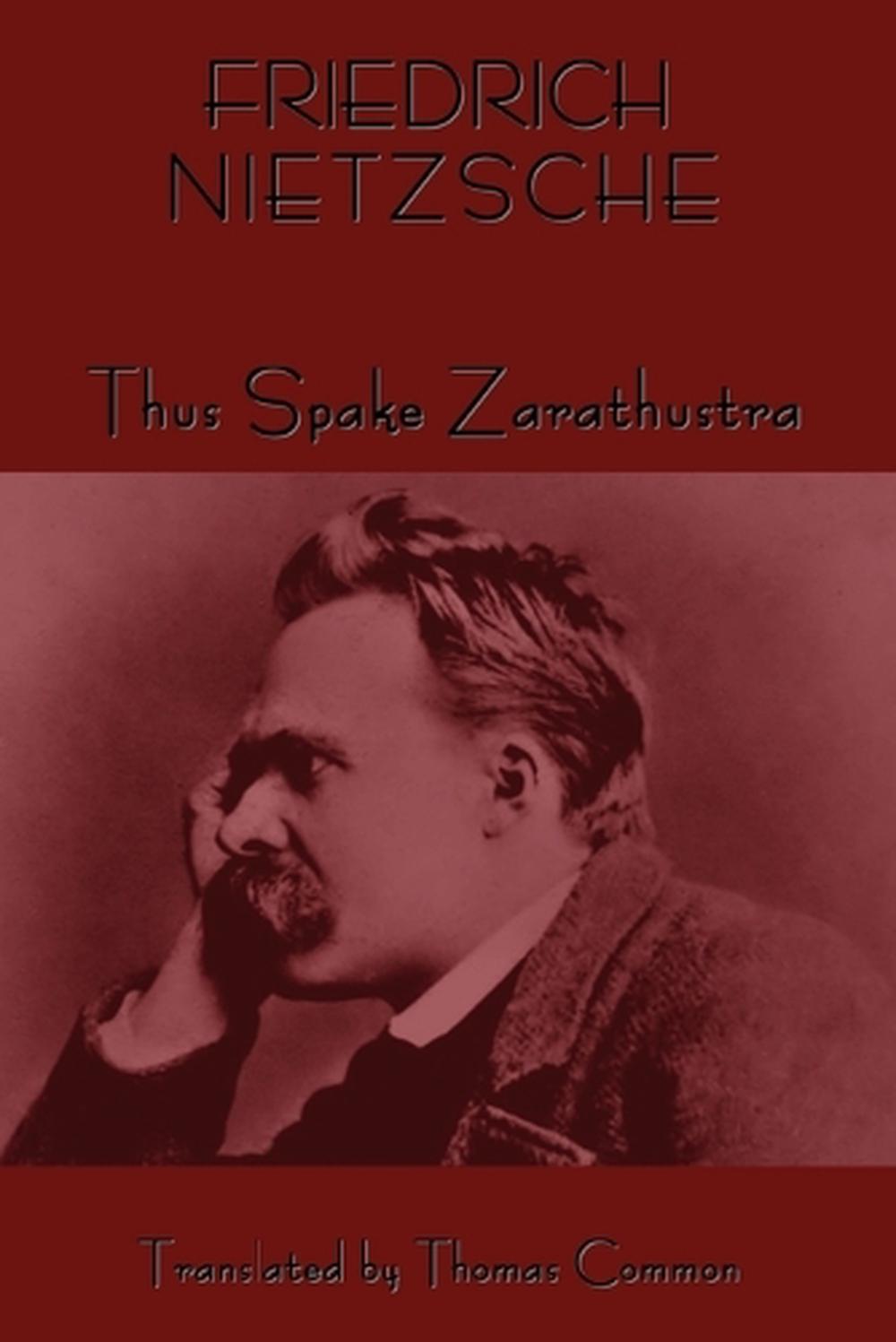

And often we attack and make ourselves enemies, to conceal that we are vulnerable.” And often with our love we want merely to overcome envy. Our longing for a friend is our betrayer.
“Our faith in others betrays that we would rather have faith in ourselves. “I love those who do not know how to live, except by going under, for they are those who cross over.”. But there is also always some reason in madness.” “There is always some madness in love. “It is true: we love life not because we are used to living, but because we are used to loving.”. “I would only believe in a god who could dance.”. Now I am nimble, now I fly, now I see myself under myself, now a god dances within me.” I have learned to fly: since then I do not have to be pushed in order to move. “I have learned to walk: since then I have run. “The higher we soar the smaller we appear to those who cannot fly.”.  “You look up when you wish to be exalted. “One must have chaos within oneself, to give birth to a dancing star.”. “You must be ready to burn yourself in your own flame how could you rise anew if you have not first become ashes?”.
“You look up when you wish to be exalted. “One must have chaos within oneself, to give birth to a dancing star.”. “You must be ready to burn yourself in your own flame how could you rise anew if you have not first become ashes?”.  “There is more wisdom in your body than in your deepest philosophy.”. “He who climbs upon the highest mountains laughs at all tragedies, real or imaginary.”. “No shepherd, and one herd! Everyone wants the same, everyone is the same: whoever feels different goes wilingly into the madhouse.”.
“There is more wisdom in your body than in your deepest philosophy.”. “He who climbs upon the highest mountains laughs at all tragedies, real or imaginary.”. “No shepherd, and one herd! Everyone wants the same, everyone is the same: whoever feels different goes wilingly into the madhouse.”. 
“One must be a sea, to receive a polluted stream without becoming impure.”.These 60 quotes are indicative of Zarathustra’s teachings in the series of novels. Nietzsche felt that man must overcome himself to become something greater. The primary themes of Thus Spoke Zarathustra are his proclamation that “God is dead,” eternal recurrence, and the Ubermensch (“Superman” or “Overman”). His works have had a huge impact on Western philosophical thought. He regarded Zarathustra as his most important work and his later work develops the ideas presented in the Zarathustra series. Friedrich Nietzsche (1844-1900) was a German philosopher and author who wrote Thus Spoke Zarathustra in several sections between 18.








 0 kommentar(er)
0 kommentar(er)
